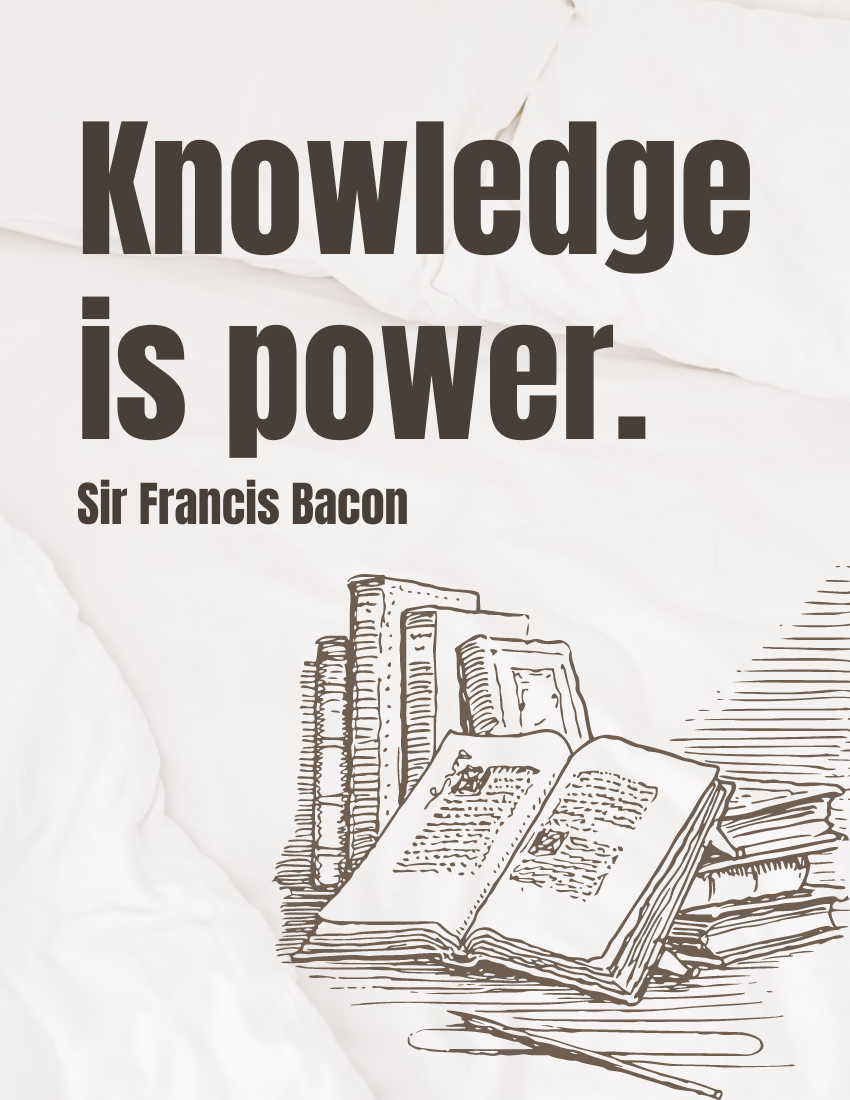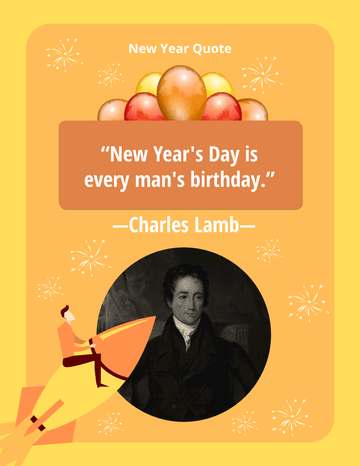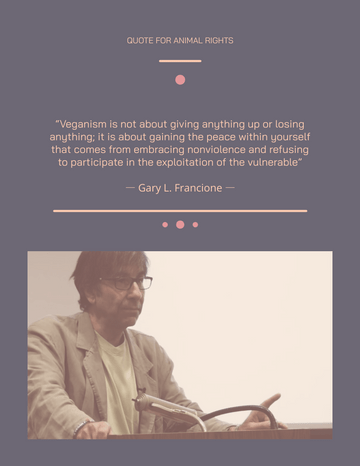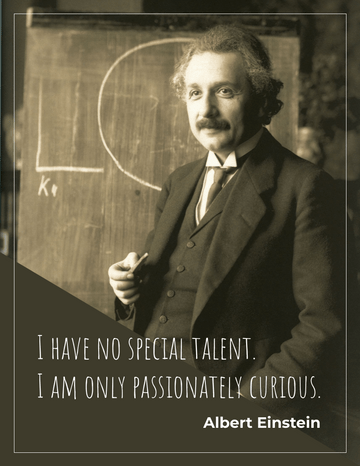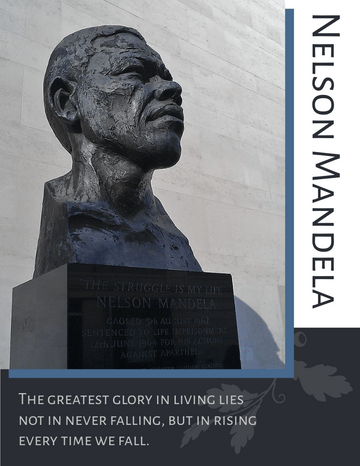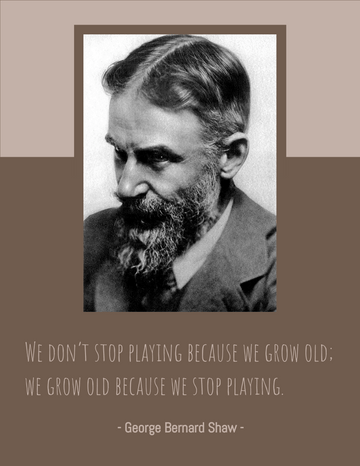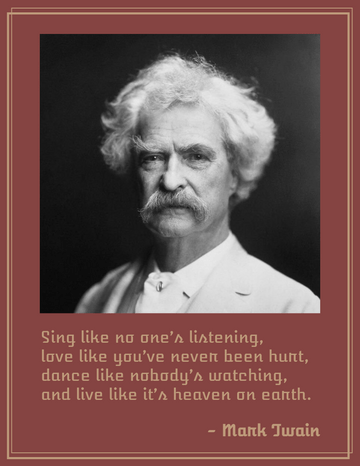Francis Bacon, 1st Viscount St Alban, also known as Lord Verulam, was an English philosopher and statesman who served as Attorney General and as Lord Chancellor of England. His works are seen as contributing to the scientific method and remained influential through the later stages of the scientific revolution.
Bacon has been called the father of empiricism. He argued for the possibility of scientific knowledge based only upon inductive reasoning and careful observation of events in nature. Most importantly, he argued that science could be achieved by the use of a sceptical and methodical approach whereby scientists aim to avoid misleading themselves. Although his most specific proposals about such a method, the Baconian method, did not have long-lasting influence, the general idea of the importance and possibility of a sceptical methodology makes Bacon one of the later founders of the scientific method.
"Knowledge is power."
The phrase "knowledge is power" means that the real power a person can retain is the knowledge he has acquired. Physical strength has its own limitations, but knowledge will allow you to do great things never imagined before.
Origins and parallels
A proverb in practically the same wording is found in Hebrew, in the Biblical Book of Proverbs (24:5): גֶּבֶר-חָכָם בַּעוֹז; וְאִישׁ-דַּעַת, מְאַמֶּץ-כֹּחַ. This was translated in the Latin Vulgata as "vir sapiens fortis est et vir doctus robustus et validus" and in the King James Version as "A wise man is strong, a man of knowledge increaseth strength".
Thomas Hobbes
The first known reference to the exact phrase appeared in the Latin edition of Leviathan (1668; the English version had been published in 1651). This passage from Part 1 ("De Homine"), Chapter X ("De Potentia, Dignitate et Honore") occurs in a list of various attributes of man which constitute power; in this list, "sciences" or "the sciences" are given a minor position:
In the English version this passage reads as thus:
The sciences are small powers; because not eminent, and therefore, not acknowledged in any man; nor are at all, but in a few, and in them, but of a few things. For science is of that nature, as none can understand it to be, but such as in a good measure have attained it.
On a later work, De Corpore (1655), also written in Latin, Hobbes expanded the same idea:
The end or scope of philosophy is, that we may make use to our benefit of effects formerly seen ... for the commodity of human life ... The end of knowledge is power ... lastly, the scope of all speculation is the performing of some action, or thing to be done.
In Jean Hampton, Hobbes and the social contract tradition (1988), Hampton indicates that this quote is 'after Bacon' and in a footnote, that 'Hobbes was Bacon's secretary as a young man and had philosophical discussions with him' (Aubrey 1898, 331).
The closest expression in Bacon's works is, perhaps, the expression "ipsa scientia potestas est", found in his Meditationes Sacrae (1597), which is translated as "knowledge itself is power":
In another place, Bacon wrote, "Human knowledge and human power meet in one; for where the cause is not known the effect cannot be produced. Nature to be commanded must be obeyed; and that which in contemplation is as the cause is in operation as the rule."
Click here to read the flipbook.
